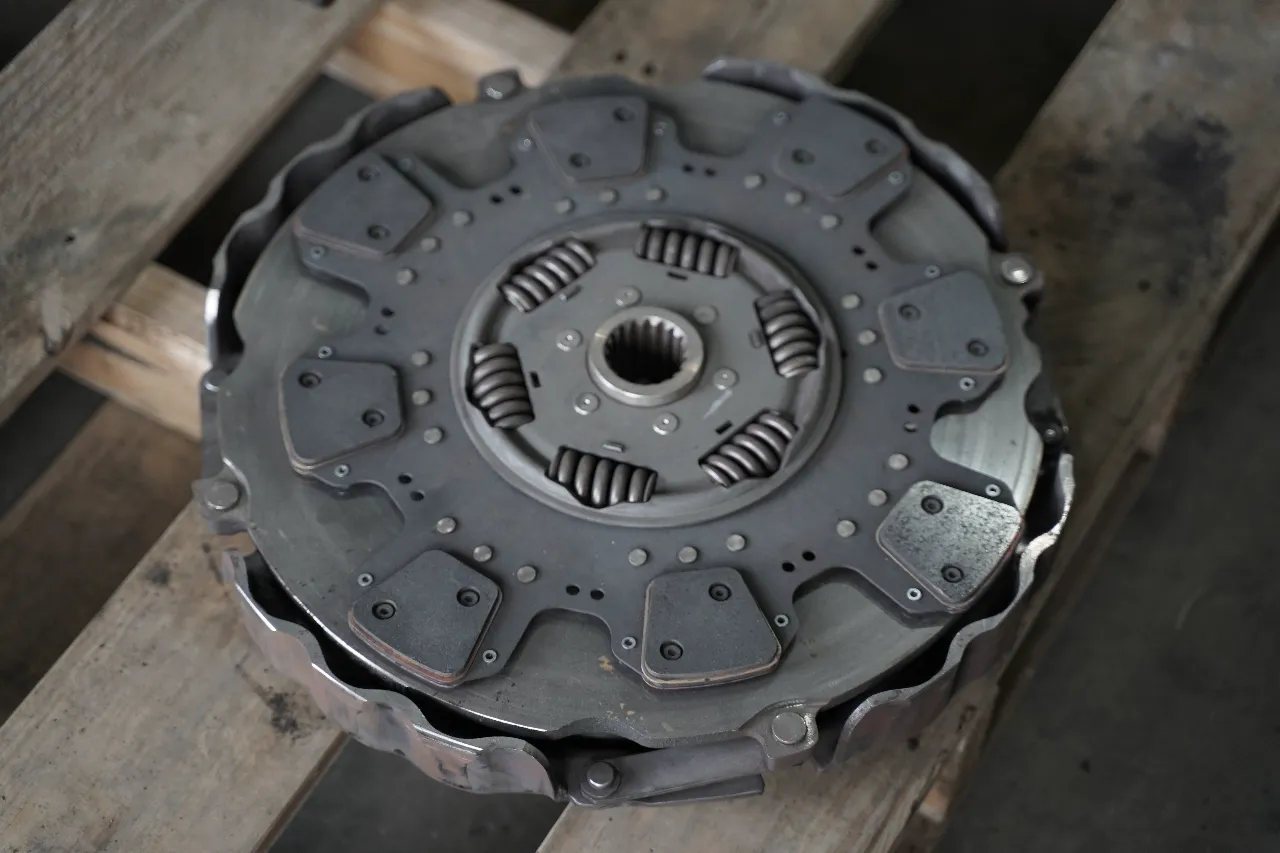Beyond the Burn: How Proper Clutch Adjustment Saves Thousands on Heavy-Haul Rigs
In heavy-haul transport, the clutch connects the engine and driveline. Proper adjustment ensures smooth power transfer, reduces wear, and extends service life. Neglecting it can lead to accelerated wear, increased costs, and downtime. Fleet managers must understand its importance for performance and costs.

In the challenging environment of heavy-haul transport, the clutch system serves as a vital connection between the diesel engine and the driveline. Proper adjustment guarantees smooth power transfer, reduces component stress, and prolongs service life. Neglecting it, however, leads to faster wear, higher operating costs, and potential unexpected downtime.
Fleet managers, operators, and maintenance personnel must understand the significance of precise clutch adjustment to ensure optimal performance and manage costs effectively.
The Role of Clutch Adjustment in Heavy-Haul Applications
In a heavy-duty manual transmission, the clutch acts as the connection point, engaging and disengaging between the engine and transmission. Proper adjustment is essential to maintain correct pedal free play and ensure that the clutch, brake, and throwout bearing function within the manufacturer's specifications. Excessive free play can prevent the clutch from fully disengaging, resulting in difficult gear shifts, grinding noises, and excessive heat buildup. On the other hand, too little free play causes constant contact between the release bearing and clutch fingers, which can accelerate wear and cause early component failure.
Operational Indicators of Improper Adjustment
Detecting clutch misalignment or improper free play early can save costly repairs. Common indicators are:
- Difficult or obstructed gear shifting.
- Clutch slipping under load — engine RPM increases without the vehicle accelerating as expected.
- Gear grinding, especially when shifting into first or reverse gears.
- Unusually soft or uneven brake pedal resistance
- Burnt odour indicating overheating of the friction material
Promptly addressing these symptoms with professional adjustment can help avoid more extensive driveline repairs.
Technical Overview of Clutch Adjustment
The adjustment process aims to maintain optimal levels of free play and clutch brake operation. Typical service steps include:
- Linkage Inspection: Assessing wear in the clutch linkage, cross shafts, and bushings.
- Pedal Free Play Adjustment: Generally ranges from 1.5 to 2 inches for most heavy-duty applications.
- Clutch Brake Calibration: Ensure the brake fully engages when the pedal hits the floor, stopping the input shaft from rotating.
- Throwout Bearing Clearance Verification: Maintaining proper spacing to prevent constant contact and early wear.
Depending on the model, adjustments may require either an internal clutch adjustment ring or an external linkage system; however, accuracy remains crucial in all cases.
Consequences of Neglect
Failure to properly adjust the clutch can cause a range of mechanical problems, such as:
- Accelerated friction disc wear
- Transmission synchronizer and gear damage
- Flywheel warping from excessive heat
- Premature throwout bearing failure
Heavy-haul operations generate significant torque loads, which increase these risks. What begins as a minor adjustment oversight can quickly lead to a complete clutch replacement, often costing between $3,000 and $5,000, excluding downtime.
Recommended Service Intervals
In operational environments like Miami, FL, where high temperatures, humidity, and frequent stop-and-go driving are typical, clutch inspections should be included in every preventive maintenance cycle. For many heavy-haul applications, this means every 25,000 miles or sooner, depending on operating conditions and load profiles.
Professional Service vs. In-House Adjustment
Although some experienced operators can perform clutch adjustments, professional servicing offers several advantages.
- Confirmation that free play, brake function, and linkage alignment meet factory specifications.
- Detection of secondary wear issues during calibration.
- Precise measurement using specialized tools
Considering the high replacement cost of clutch assemblies and related parts, professional servicing is a budget-friendly preventative measure.
Economic Benefits of Correct Adjustment
A properly adjusted clutch offers clear benefits, including:
- Lowered fuel use by reducing slippage.
- Extended clutch and transmission lifespan
- Reduced chances of unexpected roadside repairs
- Maintaining driveline integrity under heavy load
Over the service life of a heavy-haul vehicle, these advantages result in substantial cost savings.
Conclusion
Clutch adjustment is more than just a routine task; it is a crucial preventative measure that protects the transmission, safeguards the driveline, and maximizes operational uptime. In the demanding world of heavy-haul transport, this small maintenance step can provide significant financial and performance benefits.
Contact Us
Get in touch with us today to schedule the services you require at the location nearest you, or to inquire about our mobile & roadside services!
Service Request Form
Prefer to fill out a service request form? Use the link below!

.avif)